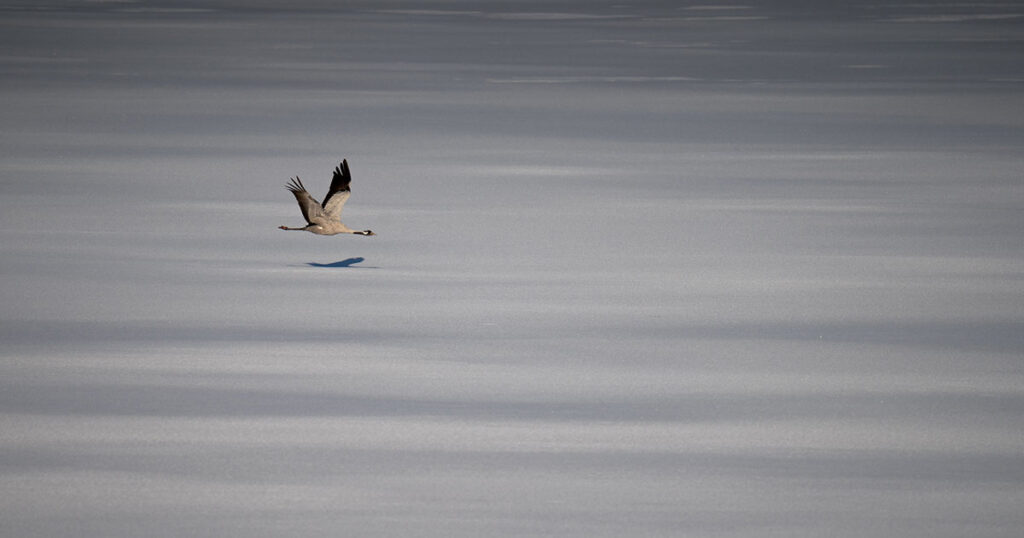
To Err Is Human; to Forgive, Supine
—S. J. Perelman, Baby, It’s Cold Inside, 1970
You must know the bees have come early
this year too: I see them visit aster, sweet Williams,
bleeding hearts, and azalea blossoms hardy enough
to not have crisped with the last late frost. Whatever light
bees give off after the last snow, I hold up to you now.
—Aimee Nezhukumatathil, “Letters from Two Gardens,” Orion, 2014
Once it chanced that I stood in the very abutment of a rainbow’s arch, which filled the lower stratum of the atmosphere, tinging the grass and leaves around, and dazzling me as if I looked through colored crystal. It was a lake of rainbow light, in which, for a short while, I lived like a dolphin.
—Henry David Thoreau, “Baker Farm,” Walden, 1854
Maybe all avant-gardes begin with gunpowder and a dream of a black panther.
—Tom McCarthy, Typewriters, Bombs, Jellyfish, 2017
Glimmering woolly hat, pull it down over your face
stare through the stitches.
On the straits the water rings are crowding soundlessly.
Green leaves are darkening the earth.
—Tomas Tranströmer, “Like Being a Child,” 1996
It is human nature to hate those you have injured.
—Tacitus, Agricola, c. 98 A.D.
The world is growing lighter. Eventually there will be none to remember me as I was in those embarrassing, disarrayed years while I scuttled without a shell, between houses and wives, a snake between skins, a monster of selfishness. … The deaths of others carry us off bit by bit, until there will be nothing left; and this too will be, in a way, a mercy.
—John Updike, “Deaths of Distant Friends,” The New Yorker, June 7, 1982
Darlings, if your owners say you are / not usually like this / then I must take them / at their word / I am like you / not crazy about that which towers before me / particularly the buildings here / and the people inside / who look at my name / and make noises / that seem like growling … there is a sky / to be pulled down / into our bowls / there is a sweetness for us / to push our faces into / I promise / I will not beg for you to stay this time / I will leave you to your wild galloping / I am sorry / to hold you again / for so long / I am in the mood / to be forgotten.
—Hanif Abdurraqib, “For the Dogs Who Barked at Me on the Sidewalks in Connecticut,” Poetry, May 2018
Overhead, the traditional lines
Of cranes;
Sonnets for countrymen.
—Marin Sorescu, “Angle,” The Translations of Seamus Heaney, 2022
The world is growing lighter. Eventually there will be none to remember me as I was in those embarrassing, disarrayed years while I scuttled without a shell, between houses and wives, a snake between skins, a monster of selfishness. … The deaths of others carry us off bit by bit, until there will be nothing left; and this too will be, in a way, a mercy.
—John Updike, “Deaths of Distant Friends,” The New Yorker, June 7, 1982
I have the conviction that excessive literary production is a social offence.
—George Eliot, letter to Alexander Main, September 11, 1871
All knowledge, the totality of all questions and all answers, is contained in the dog.
—Franz Kafka, Investigations of a Dog, 1922
[A] heavy splash and patter of drops swept past the closed door as if a pailful of melted lead had been flung against the house. A whistling could be heard now upon the deep vibrating noise outside. The stuffy chart-room seemed as full of draughts as a shed. Captain MacWhirr collared the other sea-boot on its violent passage along the floor. He was not flustered, but he could not find at once the opening for inserting his foot. The shoes he had flung off were scurrying from end to end of the cabin, gambolling playfully over each other like puppies.
—Joseph Conrad, Typhoon, 1902
A man in Alabama asked me how I felt the West was different from East and the South, and I replied, in the West “lonesome” is a word with strongly positive connotations. … The exercise of finding the ingratiating qualities of grave or fearful experience is very wholesome and stabilizing.
—Marilynne Robinson, “My Western Roots,” Old West–New West: Centennial Essays, 1993
In the light of what Proust wrote with so mild a stimulus, it is the world’s loss that he did not have a heartier appetite. On a dozen Gardiners Island oysters, a bowl of clam chowder, a peck of steamers, some bay scallops, three sautéed soft-shelled crabs, a few ears of fresh-picked corn, a thin swordfish steak of generous area, a pair of lobsters, and a Long Island duck, he might have written a masterpiece.
—A. J. Liebling, “A Good Appetite,” The New Yorker, April 3, 1959
A square meter of urban soil can contain tens of thousands of seeds persisting in a state of suspended animation, waiting to be woken from their slumber. After the fire brigades rescued the London Natural History Museum from German incendiaries, Albizia silk-tree seeds bloomed on their herbarium sheets, liberated from two hundred years of dormancy by the precise combination of flame and water.
—Daniel Mason, “City of Seeds,” Lapham’s Quarterly, Fall 2010
There are no innocent bystanders. What were they doing there in the first place?
—William S. Burroughs, My Education: A Book of Dreams, 1995


